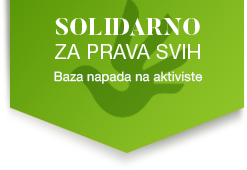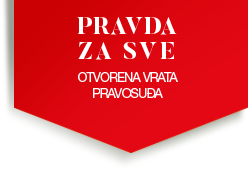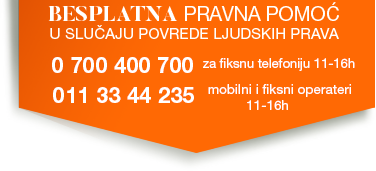Project title: Danube Region Information Platform for Economic Integration of Migrants – DRIM
Duration: January 2017 to June 2019
Partners:
- Research Centre of the Slovenian Academy of Sciences and Arts (ZTC SAZU) – Slovenia,
- Caritas Academy of Diocese Graz-Seckau (CARITAS) – Austria,
- Institute of Ethnology, Slovak Academy of Sciences (UE SAV) – Slovakia,
- SPF Group, Ltd. – Chech Republic,
- GS gain&sustain OG (GS) – Austria,
- Employment Service of Slovenia (ZRSZ) – Slovenia,
- Center for Peace Studies (CMS) – Croatia,
- City of Munich, Department of Labor and Economic Development, Local Employment and Qualification Policy (RAW) – Germany,
- Central Transdanubian Regional Innovation Agency (KDRIU) – Hungary,
- Office for Human Rights and Rights of National Minorities, Government of the Republic of Croatia – Croatia,
- Department of Integration of the City of Graz (MG) – Austria,
- Commissioner for the Protection of Equality of the Republic of Serbia – Serbia,
- The Municipal Authority of Prague-Libuš (MAPL) – Chech Republic,
- META, o.p.s. – Association for Opportunities of Young Migrants (META) – Chech Republic,
- Ministry of Labour, Family, Social Affairs and Equal Opportunities – Slovenia,
- Institute for Labour and Family Research – Slovakia,
- Agency for Labour and Employment of Bosnia and Herzegovina – Bosnia and Herzegovina.
Donor: Interreg Danube Transnational Programme, co-funded by the European Union
About the project: DRIM’s objective is to enhance the capacity of public institutions for promoting migrants’ economic integration, understood as fair access to employment, work and skills enhancement. The improved capacity of public institutions to respond to the needs of newly arrived as well as resident migrants through effective information sharing. The main result of DRIM will be a corner stone of an information infrastructure that will facilitate economic integration in the Danube region. DRIM will achieve this goal through the following activities and outputs: a) conceptual framework for information sharing and the development of an info tool – DANUBE COMPASS; b) info tool testing (pilot action); c) learning interactions and evaluations to mainstream and disseminate DANUBE COMPASS; d) a strategy that promotes and mainstreams information sharing as a necessary step for migrants’ access to employment.
More information about the project you may find on Interreg Danube Transnational Programme web platform.






